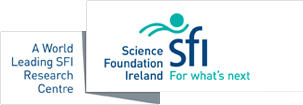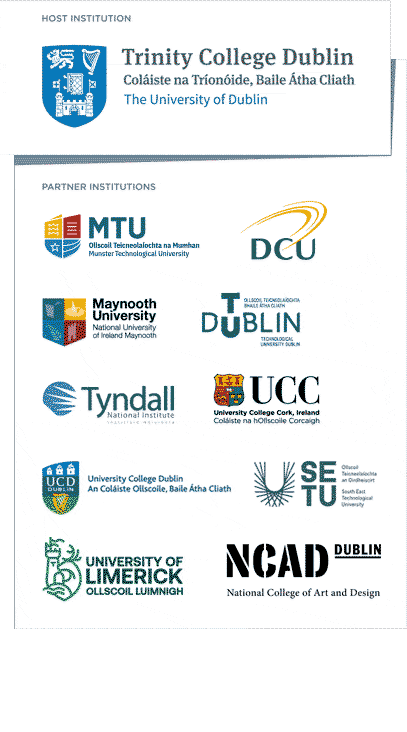
Nikita Jalodia is a PhD Researcher at CONNECT in the Telecommunications Software and Systems Group (TSSG), Waterford Institute of Technology (WIT).
How did you get to this point in your life?
I always had a clear answer to the question ‘What do you want to be when you grow up?’ – I wanted a career in Computer Science. I witnessed first-hand the glamorous turn my uncle’s career took during the dotcom boom, when tech optimism and techno-utopianism earned a new, exciting aesthetic. So, having evaded the early years of career matchmaking, it wasn’t until I was in the later stage of my Bachelor’s degree (Computer Science and Engineering) that I was exposed to the idea of being a researcher in the field.
We had an outreach event from Ireland in our university (The LNM Institute of Information Technology, Jaipur) highlighting research opportunities, and the prospect of working with emerging technologies was attractive. For example, we were taking a course on Cloud Computing at the time, and here was the prospect of working on Fog Computing at WIT; so this sparked my interest, and I found it exciting.
How would you explain your research to someone who has no idea about your discipline?
My work is based in the domain of efficient resource management for an application. If you’ve ever experienced a call drop, your streaming service buffering, application slowing or shutdown – you know the general idea of what I’m trying to address! So add in variables like real-time, latency-sensitive, efficiency, reliability, and a proactive solution, and we have a deal. Apply this as virtualized components on a softwarised network, and all’s done! In the long run, we need to be mindful of the significant carbon footprint of networks and algorithms too, so there is more to it than just the end user experience here.
What is the most challenging element of your work?
Perfectly simulating a real-world challenge to as close a match as possible is a challenge sometimes, given that this is a fast-moving domain where technologies are quick to change. Then there is the classic code conundrum, there are days where nothing seems to be working; and there are also brighter days when errors are easier to fix, and the sun seems to be shining again (pun intended, thanks Ireland)!
What do you think could be the next defining trend in technology?
There is a world of potential in deep learning and artificial intelligence. While there have been major and definite advancements, what’s currently in the market is barely the tip of the iceberg in terms of what can be achieved, and there is much more work to be put in. There is a great deal of work to go into achieving a truly Explainable AI (XAI), which is both ethically and practically important to achieve the future we envision.
What do you think about life in Ireland?
I’ve found Ireland to truly be a home away from home. Having had no language restrictions has been a big plus, but the people are genuinely so friendly and welcoming, that you definitely feel at ease settling in.
The biggest difference has been the weather! I was coming from an ‘Indian summer’ witnessing temperatures above 40°C in the peak summer. But dare I say, once you acclimatize, I’ve witnessed myself cribbing about the rain just as much as anyone. There’s definitely nothing else that unites people the way weather does!
Is there a personal experience that changed how you saw the world?
Going through 2020! To try and learn to manage all this anxiety in your early career when the world is looming on the threat of an impending social and economic impact is not easy. However, as is said, “control the controllable”. There is no denying a shift in technological trends due to the pandemic, and our society and lifestyle is now more digital than ever. Technology has been a major driver in keeping major sectors afloat, and I am thankful to be a part of a sector that has driven such a fierce transformation at scale, at such short notice. I hope to be able to give back and contribute my share in due time – it may just be a drop in the ocean, but one step at a time.
CONNECT is the world leading Science Foundation Ireland Research Centre for Future Networks and Communications. CONNECT is funded under the Science Foundation Ireland Research Centres Programme and is co-funded under the European Regional Development Fund. We engage with over 35 companies including large multinationals, SMEs and start-ups. CONNECT brings together world-class expertise from ten Irish academic institutes to create a one-stop-shop for telecommunications research, development and innovation.
Humans of CONNECT


